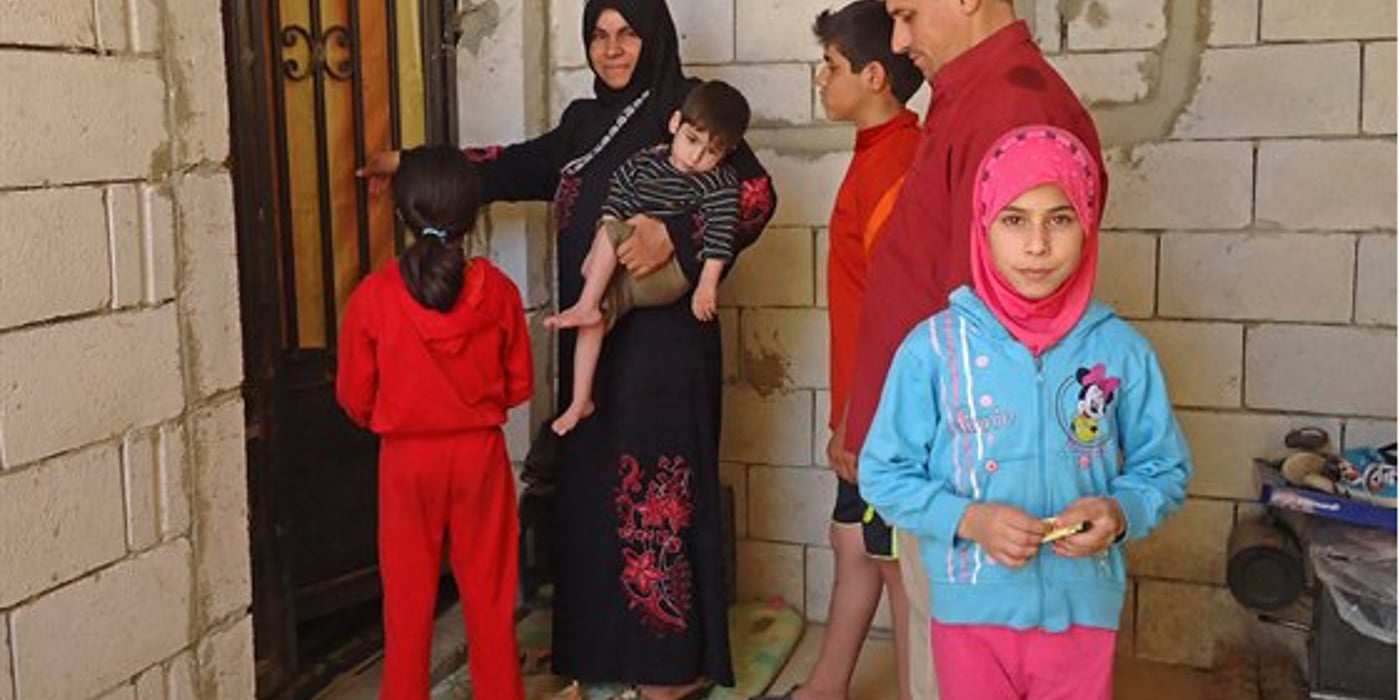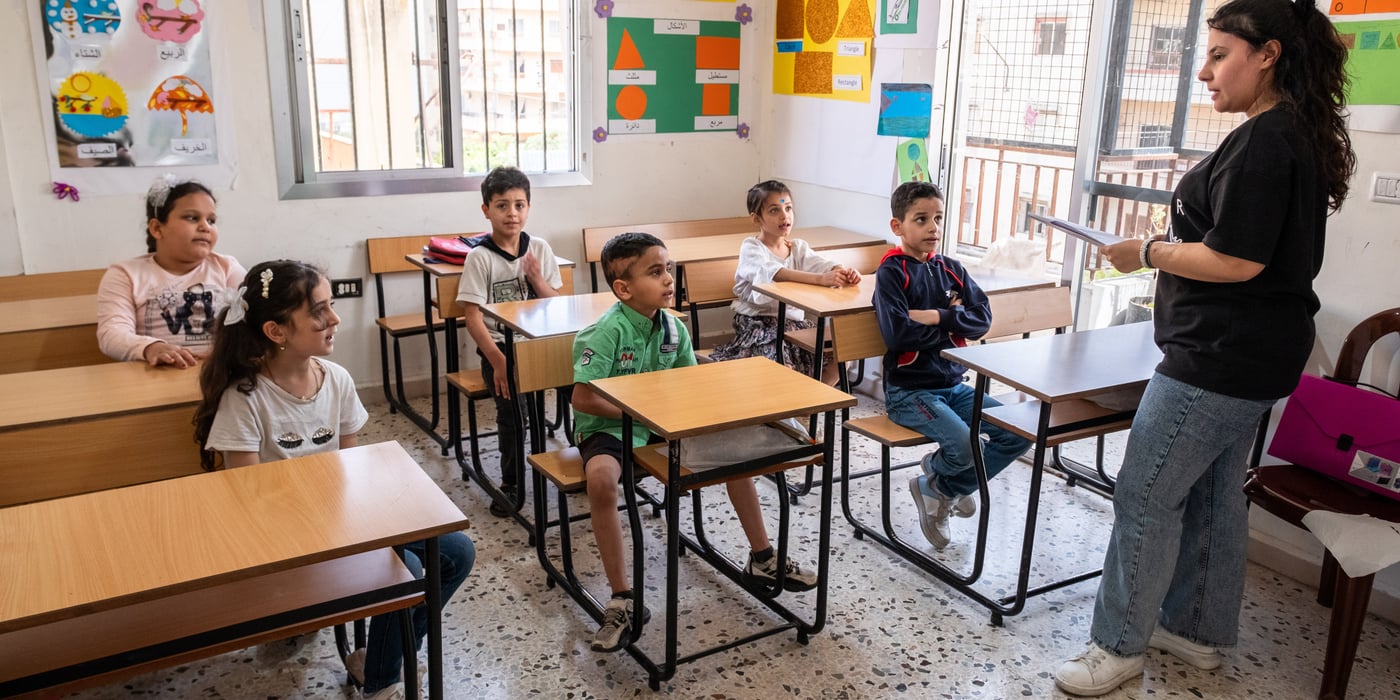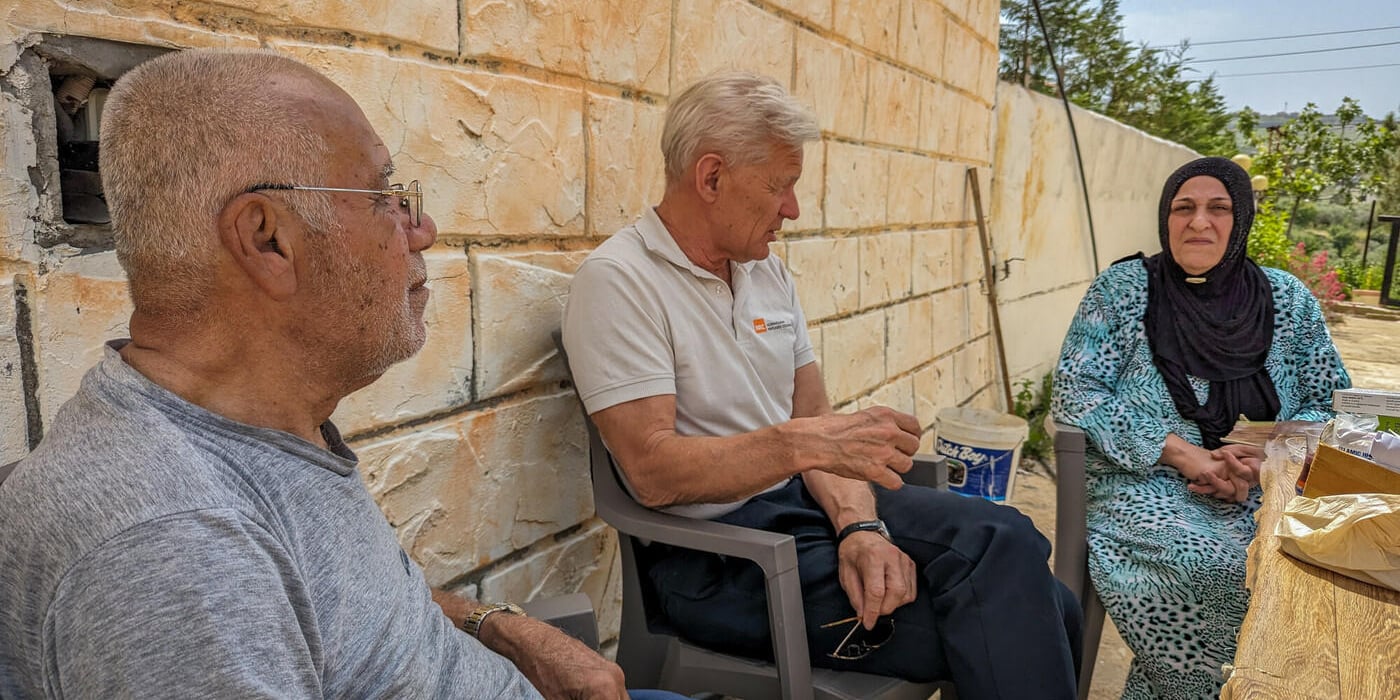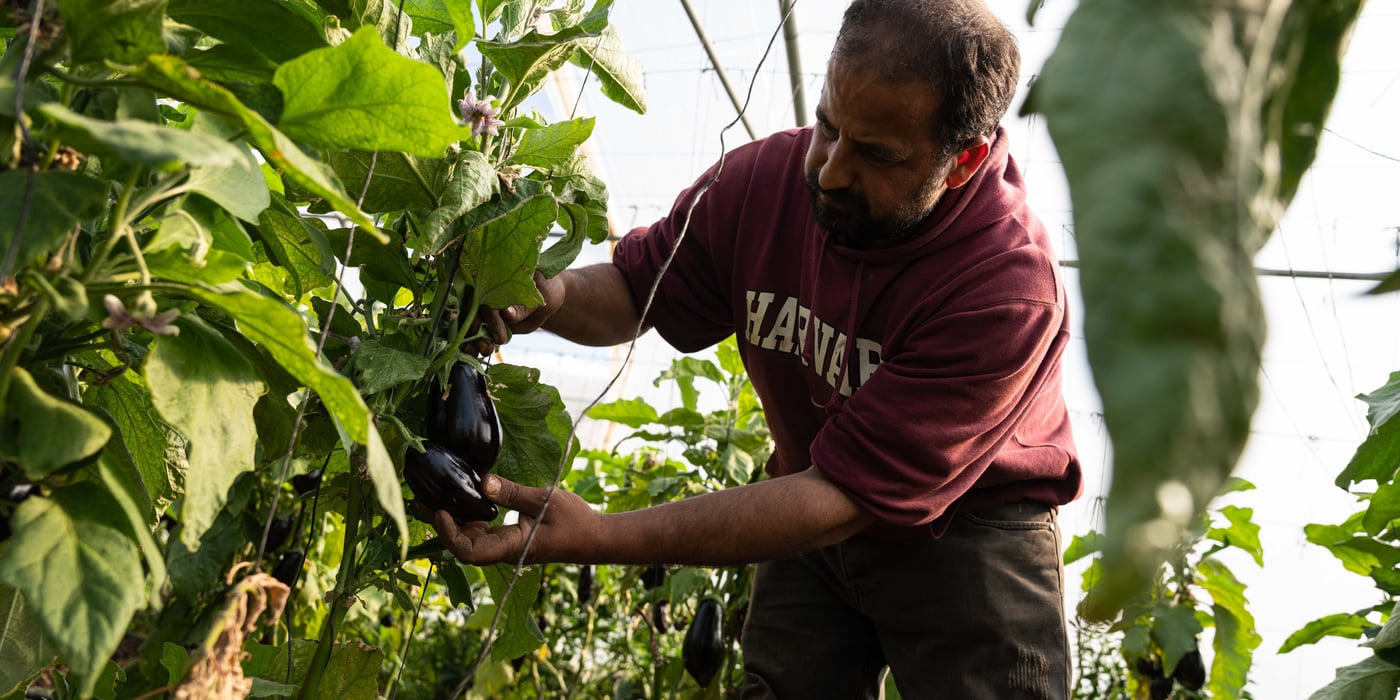
Although Daraa is on the Jordanian border, they decided to take the long, perilous road to Lebanon, where Souad’s sister already lived in the Bekaa town of Saadnayel. Souad says she thought Lebanese were the kindest among Syria’s neighbours. “This is why I preferred to move to Lebanon”.
The first attempt to flee failed – the family spent three months moving from town to town and home to home within Syria, biding time until the violence ended, but it just kept going. The family ended up living in the basement of a house teeming with scorpions and dangerous insects. Unable to cope with such harsh conditions, they went back to their home, but found it was partly burnt and damaged. There they spent another 26 days under constant bombardment, until their second attempt in January 2013 led them to safety in Lebanon.
“These were horrible months for my children,” Souad recalls.
But life in displacement was harsh, too. Her sister managed to rent a room for them on a farm but it was too close to unsanitary sewage pipes and they weren’t able to afford rent. Lebanon does not allow official refugee camps on its territory and the refugees have to find a place to stay on the already overstretched housing market – UNHCR estimates that they pay an average of $200 a month for often substandard living spaces across the country.
The farm’s owner then referred the family to the Norwegian Refugee Council, who found a home for them. Souad’s family qualified as very vulnerable, as most of her children have some degree of disability. NRC supports Lebanese families to host the most vulnerable refugees from Syria by upgrading rooms in their unfinished houses to minimum standard in exchange for a 12-month rent free stay for a refugee family. The intervention helps increase the stock of available housing in Lebanon, while providing the refugee families a much-needed financial breathing space and a degree of security. In Lebanon, monthly rent is the single highest expense item for refugee families –it represents 43 per cent of a Syrian refugee household’s monthly expenditure and 90 per cent of its monthly income.
With her sister nearby and a roof over her head, Souad now feels stable enough to face the next big challenge for her family: the future of her children. Her youngest son has cerebral palsy, and NRC’s shelter team in the Bekaa has already referred them to another organization that supports children with special needs. Three of her children also have hearing disabilities. “We feel settled in our new house,” Souad says. “Our hope now is to have the children go to a specialized school.”




